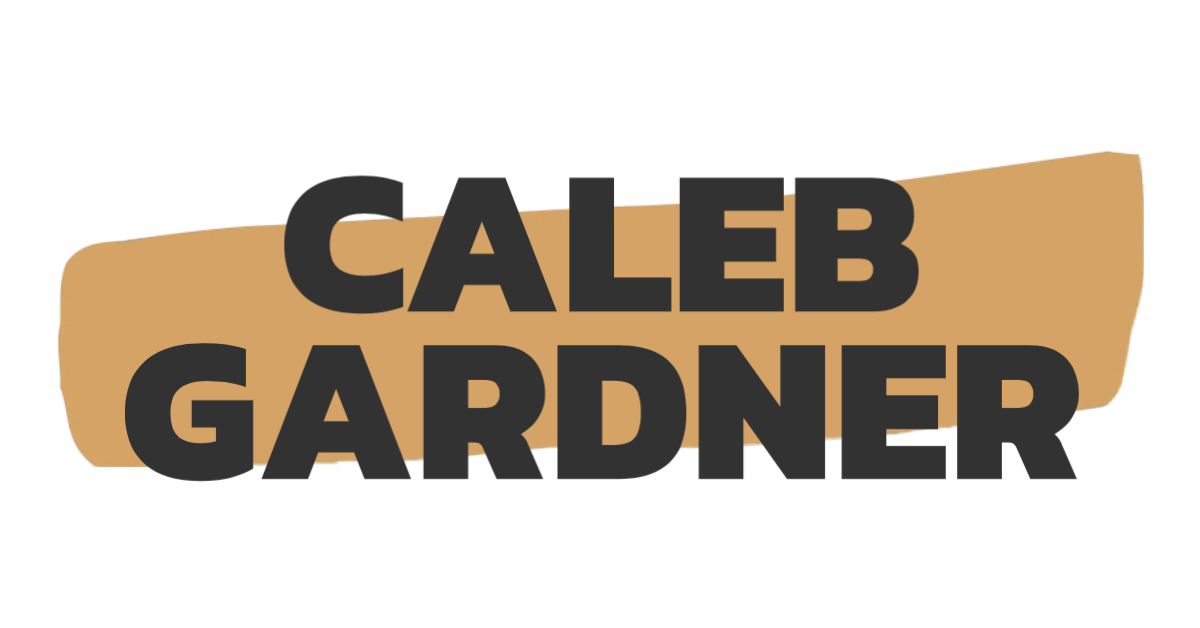Repetition & meaningful work
If burnout is our chronic condition as modern workers, where does it come from, and what is the solution?
Funny enough, studies show burnout doesn’t necessarily come from hard work. It often comes from boredom and monotony.
Despite the rise of the knowledge sector, I’ve read that as many as 70 percent and as few as 40 percent of office workers still report feeling bored at work. The shift from the labor of farming, heavy machinery, etc. only shifted the medium of monotony to digital repetitive tasks.
As Caroline Beaton recently wrote, “We habituate to the modern workforce’s high intensity but predictable tasks. Because the stimuli don’t change, we cease to be stimulated.”
It doesn’t help that most managers still treat their employees like workers in a factory, driving them to complete specific, repeatable tasks as if they were still on Ford’s assembly line. Compliance is the goal, and the workplace becomes that of a Foucauldian panopticon, complete with the threat of examination and discipline.
Seth Godin recently compared this factory mindset with a “studio” — a workplace that focuses on initiative and leadership, and peer-to-peer relationships over hierarchy. While those are great traits of an office, I think that binary framing over-simplifies how work actually works — and it has led to terrible ideas like open office plans.
In reality, we have to habituate some parts of our jobs, whether we work in creative industries or not, and creating good work habits can actually be rewarding. As a consultant, my business will not grow without a sales process that focuses on constant lead generation. As a writer, I won’t get better at my craft — or let’s be honest, produce anything — without a consistent writing habit.
I believe what we’re really missing in our work, repetitious or new, is a sense that our work matters — that what we’re doing is contributing to something beyond ourselves. Nine out of 10 people say they would prioritize meaningful work over a bigger paycheck if given the chance.
Personally, this was borne out by my experience working in politics — an environment that is a difficult grind, a roller coaster of frustrations where you’re constantly having to produce while navigating a bureaucracy while getting paid well below your market value. And yet, I met some of the smartest, most dedicated people I’ve ever worked with in my career while working for President Obama. Because we were working toward something greater than ourselves, because we felt we were in the trenches together, we could handle all of the other workplace nonsense. I believe the path to creating mission-driven organizations where meaning permeates throughout means learning from some of that community organizing experience and applying it to the workplace.
I’d love to hear from some folks about how you think about navigating good work habits with the space to do more creative, self-directed work. For me, I use my calendar aggressively to carve space separately for creative tasks and repetitive tasks. (After this, I’ll be getting back to my to-do list for the day.)
